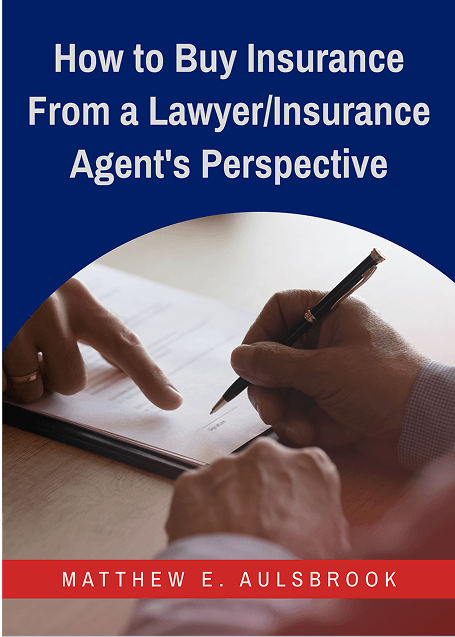Around the country drunk driving is frequently referred to as a DUI or a driving under the influence case. It goes more with driving while intoxicated events or DWI. A motorist convicted of such a crime may face a variety of consequences including jail time, fines, driver’s license suspension, probation, or a breathalyzer in the car along other penalties.
The standard penalties for DWI’s or DUI’s are often more severe for offenses involving injury accidents regardless of whether the injured party was a passenger in a drunk driver’s car, a passenger in another car, or even a pedestrian. In addition to the criminal penalties, a drunk driver might face civil consequences being sued in court. Anyone injured in a DWI or DUI accident, including a passenger in the drunk driver’s vehicle can file a personal injury lawsuit against the drunk driver. A Grand Prairie drunk driver accident attorney could help you seek compensation for your damages. Get in touch with a skilled car accident lawyer to discuss your legal options.
What Is Legally Considered Driving Drunk?
Drunk driving is a major cause of accidents, particularly on weekends and holidays when people drive after consuming alcohol. Their response time and ability to focus on the roads can be greatly reduced, thus increasing the risk of an accident.
Every state has a 0.08 blood alcohol concentration (BAC) limit for anyone driving while under the influence of alcohol. Even a small amount of alcohol can be enough to produce a significant increase in the risk of a car crash.
Drunk driving accidents are easily preventable by making it important to avoid alcohol. If someone needs to go out, they should have a designated driver if they plan on consuming alcohol.
Difference Between a Criminal Case and a Civil Suit
The injured driver does not have to press charges against the drunk driver. There are two different actions: criminal and civil. It is up to the police and the district attorney’s office to decide whether to pursue criminal charges for driving under the influence or driving while intoxicated.
If the injured party seeks a monetary award, that is up to the injured party to pursue that and that is where a personal injury attorney comes into play. A local drunk driving accident attorney is experienced in battling for what the injured party is owed in drunk driving cases.
There is a strong liability factor for the defendant which normally increases settlement amounts. Insurance carries do not willingly negotiate with a party without an attorney. They try to settle for pennies on a dollar and that is why it is important to bring in an experienced car accident attorney.
Grand Prairie Drunk Driver Car Accident Lawyer Near Me (817) 775-5364
What Happens In Situations Where The Injured Person Was Also The Drunk Driver?
An injured person who was the drunk driver cannot sue for damages even if they are partially at fault for the accident. The percentage of fault attributed to the injured person reduces their overall compensation. If it is determined that the injured person was the drunk driver, it would be a difficult claim to pursue.
Texas uses comparative negligence, which means if one is found partially at fault for the injury, their damages can be reduced. However, the plaintiff’s negligence cannot be greater than the defendant’s.
Types of Recoverable Damages
If an intoxicated driver causes an accident, the injured person could sue for damages. The types of damages the injured party may be eligible to recover includes:
- Lost earnings
- Medical expenses
- Property damage
- Emotional distress
- Pain and suffering
- Disability or disfigurement
- Physical impairment
- Loss of companionship
- Loss of enjoyment of life
- Punitive damages
Get in Touch With a Grand Prairie Drunk Driver Accident Attorney Today
If you were injured in a car accident, you should seek the assistance of a local attorney as soon as possible. A Grand Prairie drunk driver accident attorney could investigate the collision and help you get compensation for all of your damages. Call today to learn more about how an attorney could help your case.











